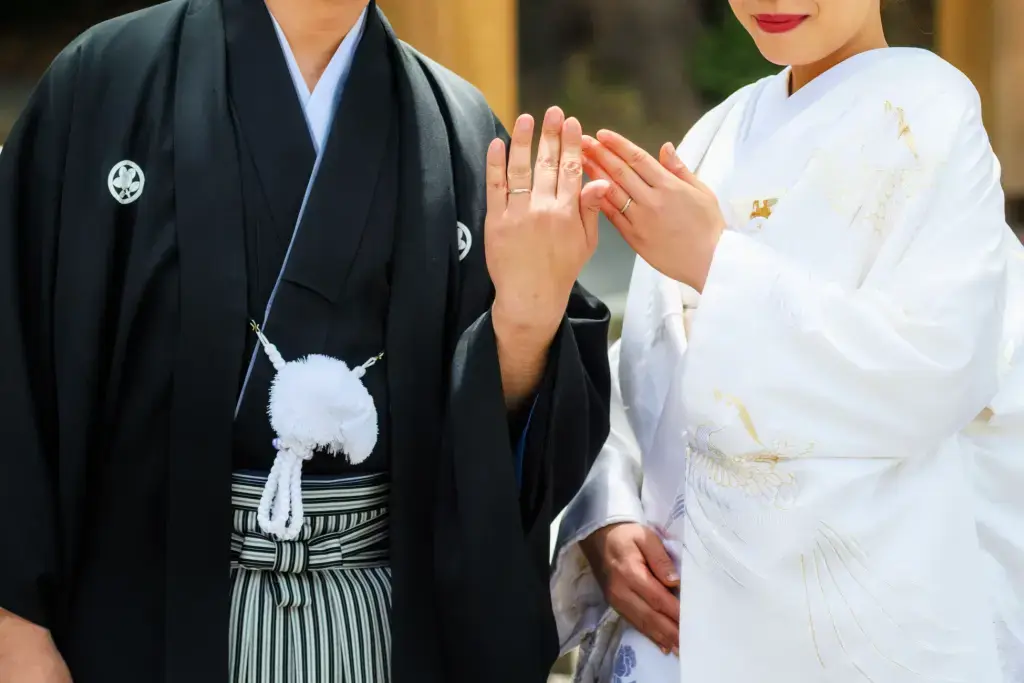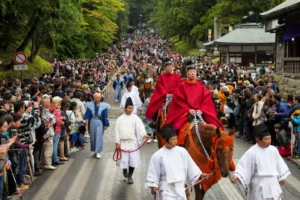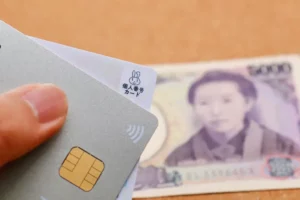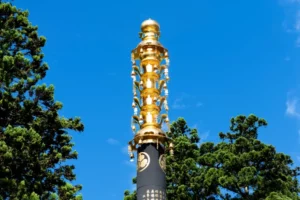Married life brings lots of adjustments, including sharing a last name. While it’s common in most places, Japan is the only country globally that legally requires both spouses to register one family name per koseki (family registry). This law has faced growing dissent and calls for it to be overturned. However, there’s been equal pushback to keep things the same. We’re sure you’re confused, and we’re here to clear things up. Here is why most couples have one surname after a Japanese wedding, and why people want it to change.
Table of Contents
ToggleWhere did this law come from?
The legislation in question is relatively recent. Only upper-class families could have surnames during the Edo period (1603-1868). In 1870, the government extended surnames to the general public, and in 1875, it made them legally required for tax purposes. The following year, under the Daijoukanshirei, officials encouraged married couples to use separate last names. However, the new Civil Code of 1896 required wives to use their husbands’ surnames.
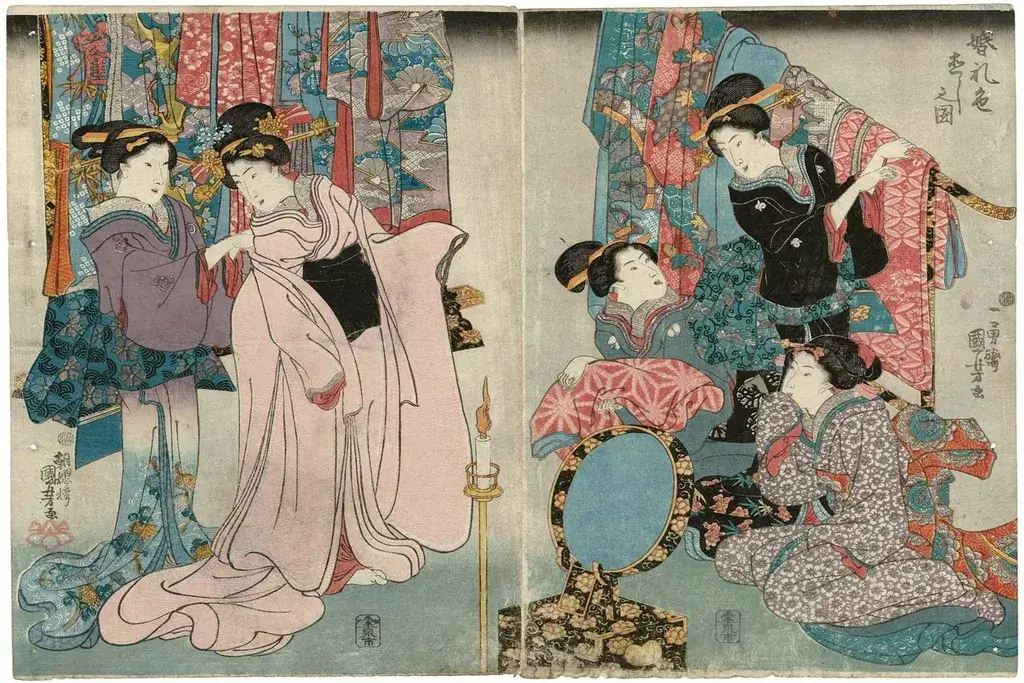
Following revisions in 1947, the Civil Code allowed couples to use either spouse’s surname. Regardless, 95% of Japanese women choose to use their husbands’, according to a 2022 government study. For international couples, one spouse has to be entered in the koseki, and both use the same last name. However, since the foreign national has no family registry, the couple will use separate ones unless that person registers to take their spouse’s family name.
Have there been any updates?
Despite firmly keeping the single-surname system, Japan has made several revisions. In 2001, the government allowed officials to use the names they’re known by instead of their legal ones. In 2006, the government allowed the general public to add maiden or commonly used names in parenthetical form to their passports alongside their legal names. However, they are the only updates as of June 2025.

The Ministry of Justice drafted legislation on the issue twice but blocked it each time by political opposition. The United Nations Committee on the Elimination of Discrimination against Women (CEDAW) has urged Japan to adopt a selective dual-surname system in 2003, 2009, 2016, and 2024. In 2011, five people sued the Supreme Court of Japan, claiming the Civil Code’s provisions were unconstitutional. Their lawsuit was overturned in 2015.
Are you looking for great snacks this summer? Check out Sakuraco! Sakuraco delivers traditional Japanese snacks, teas, and sweets from local Japanese makers directly to your door so you can enjoy the latest treats directly from Japan!
Reasons for Changing the Civil Code
The most significant controversy around the same surnames is the loss of freedom and individuality. Couples who want to keep them separate for work might choose to live together without registering their union, leading to problems with inheritance and tax rights. Or if they’re already married, they might divorce and remarry to maintain their separate identities. A 2024 Tohoku University study predicted that all Japanese citizens would have the family name “Sato” in 2531 unless the law changes.

The current legislation primarily and negatively impacts women. This is because wives often use their maiden names at work, which can cause bureaucratic problems because their official documents show different names. Most women take their husbands’ family names or feel pressured to do so. As a result, many Japanese women are delaying marriage or choosing not to marry at all. Given Japan’s aging population and decreasing birth rates, having a selective dual-surname system would be in the country’s best interests.
Reasons for Keeping It the Same After a Japanese Wedding
Although there’s a push for change to the Civil Code, powerful and vocal voices still call for it to stay the same. The biggest argument against new legislation is that having separate surnames would crumble traditional family values. Conservatives fear that there will be disunity between spouses instead of having one cohesive unit, leading to the same issues (divorce, legal troubles) they want to avoid.
Others are concerned about the impacts on children if a couple keeps separate names after a Japanese wedding. Some experts worry that children would be confused if their parents had different last names. There’s also the possibility of in-fighting between spouses over which one to give their child, especially if they decide to change it as an adult. Despite shifting public opinion, Japanese lawmakers feel there’s no need to change the current law and that it’s not in the country’s best interests to do so.

Why should Japanese married couples have the option of different surnames?
While I understand some of the concerns around spouses having different last names, I think it is a private matter and not of the Japanese government’s concern. Using the excuse of maintaining traditional values is absurd, given that some people are choosing to forego or end their marriages because of this law.
For certain professions, like politics and acting, having separate last names is essential for the spouse to keep a low profile. Having this option will encourage more people to get married. Hopefully, we won’t see a worst-case scenario like everyone calls “Sato-san,” but keeping the status quo will cause more harm than good for Japan.
A Japanese wedding is unique in that couples legally must use one surname. Legislators claim that to do otherwise would undermine the standard system. However, the current law has caused unnecessary hardships for couples, especially for women who want to retain some autonomy. Japan should allow a selective dual-surname structure to balance spouses’ individuality and family unity. What are your thoughts on this issue? Share them in the comments.
Cited Sources
- Reuters. “Japan’s births fell to record low in 2024“.
- Visual Capitalist. “Japan’s Aging Problem in One Chart“.
- The Guardian. “Everyone in Japan will be called Sato by 2531 unless marriage law changed, says professor“.
- Amie Immigration Law Office. “Family Names in International Marriages“.


